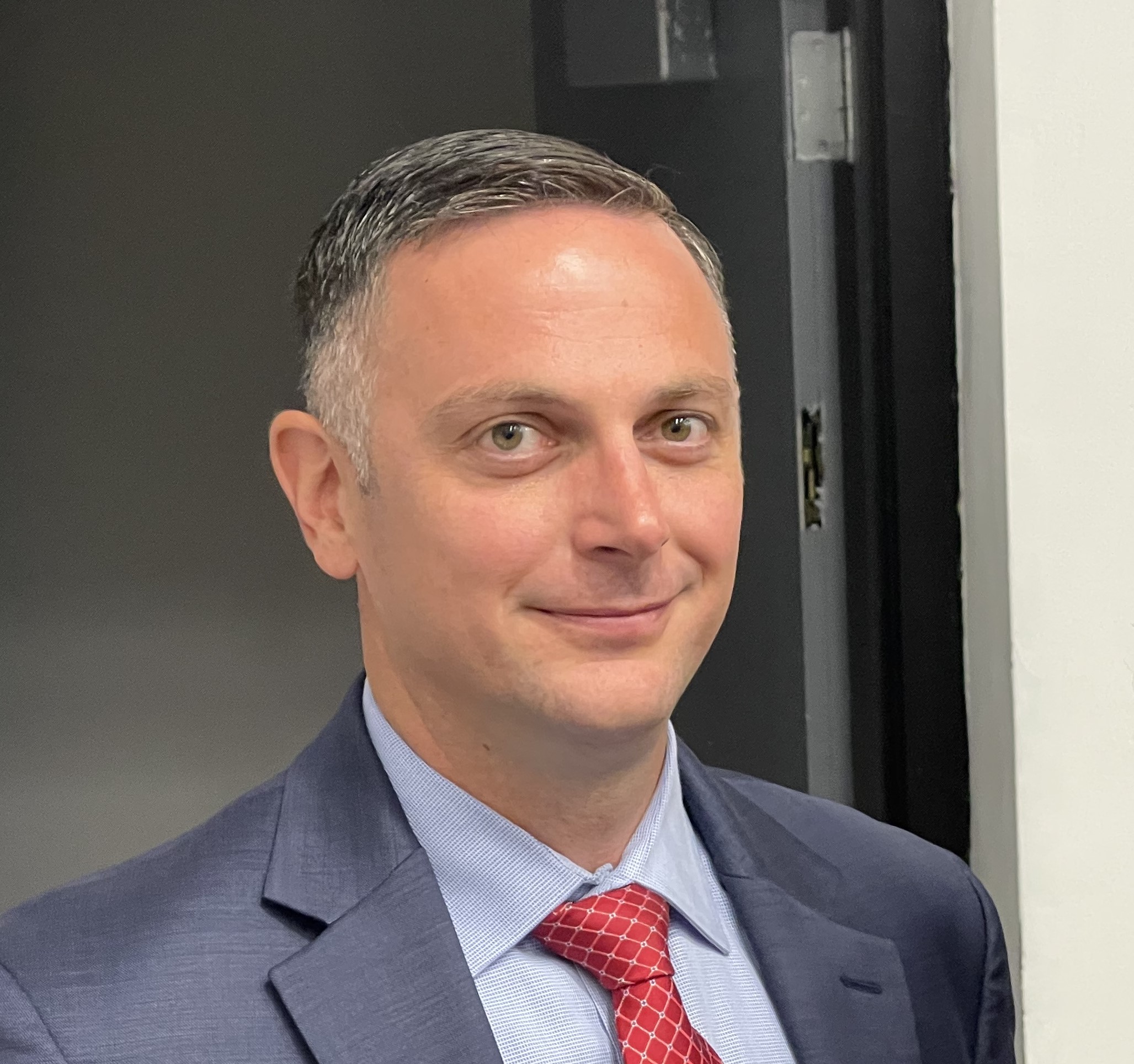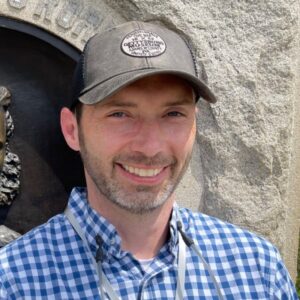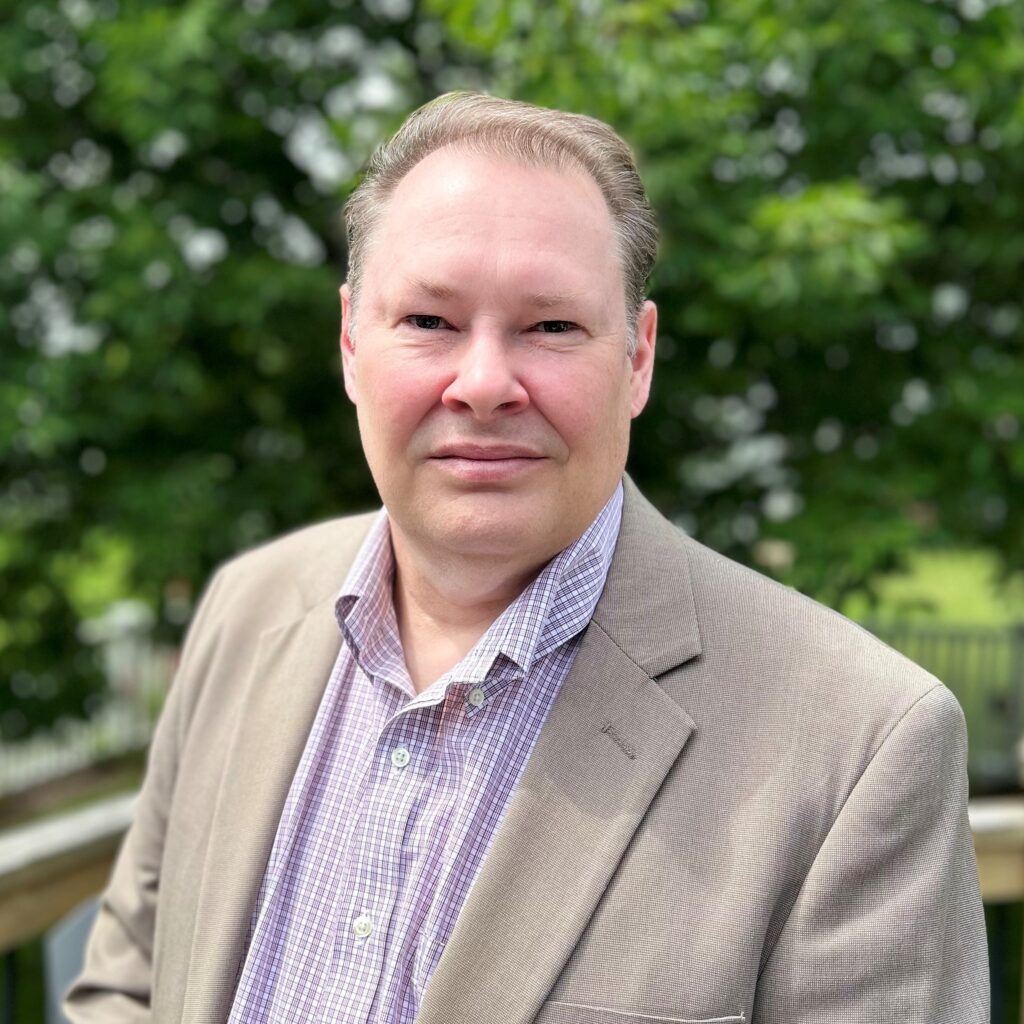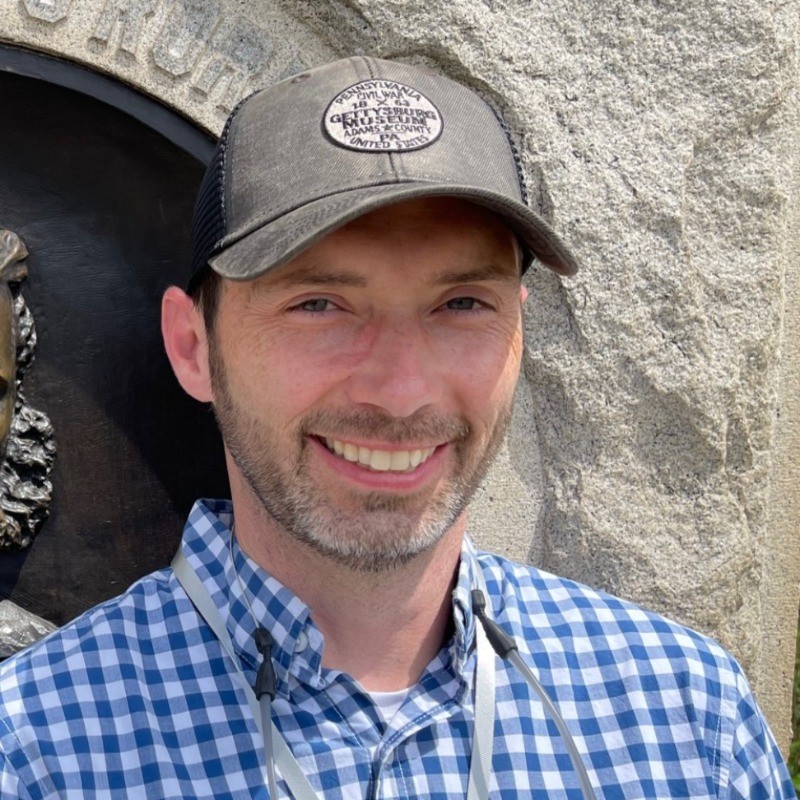Chuck Burckhard attended the Operations Academy to learn more about traffic incident management, highway safety, and the roles of the fire and police departments on the roadways. In 2023, when he attended the program, he was Station Commander for the Pennsylvania State Police, he wanted to learn from others’ diverse backgrounds in the transportation industry. He noted the others in his cohort were all in vastly different roles but also highly proficient in their areas of expertise.
His own area of expertise is collision reconstruction, acting as an expert for the state investigating and prosecuting fatal collisions. For over 15 years, he’s been the lead investigator for deaths of firefighters, tow truck drivers, state troopers and others who are killed on the road while at work.
“I met someone whose passion was traffic incident management (TIM) and that person recommended I enroll in the Academy,” Chuck said. “One of the issues I always had when I went to trial was to try to explain what I do to a room full of cops, and a judge and jury who did not have any of the training or experience that I had.”
One of the most transformative sessions he’d attended at the Operations Academy was focused on communications. Trying to “sales pitch” his work, which is heavily technical, to people who likely had no background with what he was trying to discuss, was a huge hurdle for him to overcome each time he had to enter a courtroom.
“The things I talk about involve physics and trigonometry, and you have to walk in cold and explain what you’re doing to lay people,” he said. “I showed my class a presentation, and they had no idea why police sometimes had to shut down roads for hours. No one had the full picture of what everyone else was doing. People do not know what it means to conduct an investigation after a collision with a fatality.”
Explaining his work to the class and to the communications instructor was a key experience. Different agencies and stakeholders in these incidents, many of whom were among the participants in the program, do not necessarily know each other’s purpose on an accident scene, nor do they understand the outcomes of the investigations.
“The feedback I got from the instructor was pivotal; I was not expecting that,” Chuck said. “I didn’t know how she was going to play into the program. A major problem that I always have is explaining to people with no background in collision reconstruction why the cases I bring to juries need to have serious charges. Through that communications session, I learned more about how to sell myself and my investigation to people and ask for the conviction that is needed.”
Today, as Commander of the Tactical Intelligence Section of the Pennsylvania State Police, he continues to use what he learned at the Operations Academy to help communicate more efficiently with his own agency and other stakeholders. He talks about the importance of fatal crash investigations, funding, ways to improve training, and policy changes from the investigative point of view. And when he walks into a courtroom, he can more effectively explain his own credibility and the elements of the collision to attorneys and jurors who often wish they were elsewhere.
“What I learned at the Operations Academy is still helping me overcome these communication problems, and I can see where the state police need to interact more with the Department of Transportation,” he said. “Engineers, and others in the DOTs need to get together more with each other, and other agencies, and improve what we do in the future. After I finished the program, I could see how that collaboration could work, and I walked out with so much more than I came in with.”






